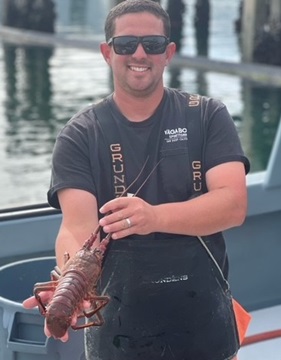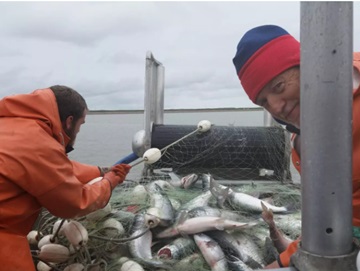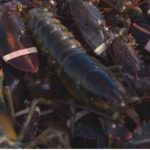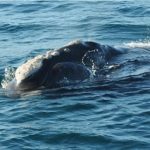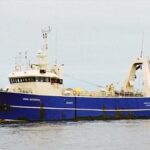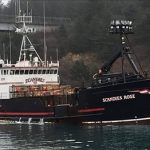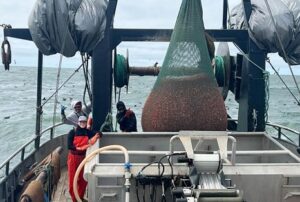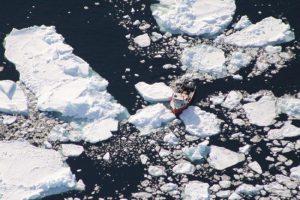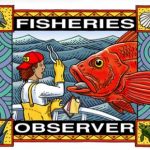Daily Archives: October 24, 2023
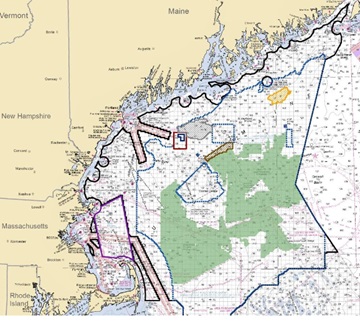
BOEM Announces Gulf of Maine Draft Wind Energy Area Meetings for Fishing Community
This notice is being sent as a courtesy to help raise awareness of a comment opportunity and public meetings being held by the Bureau of Ocean Energy Management (BOEM) regarding a Draft Wind Energy Area (WEA) in the Gulf of Maine. It is critically important that members of the fishing industry comment on this proposal.nDMR also encourages fishing industry members to click on this link to read the statement from Governor Mills and Maine’s Congressional Delegation, expressing opposition to inclusion of draft WEAs in LMA1. On October 19, 2023, BOEM announced a Draft Wind Energy Area (Draft WEA) in the Gulf of Maine and an accompanying 30-day public comment period. The Draft WEA covers around 3.5 million acres offshore Maine, Massachusetts, and New Hampshire, ranging from 23-120 miles off the coast. BOEM invites you to attend virtual public meetings where BOEM will outline the data and the information used to inform the Draft WEA and provide opportunity for feedback from the fishing community and public-at-large. Lots of links and info, >>click te read<< 15:31
‘It lives’: The story of Gaultois, a rural Newfoundland community in limbo
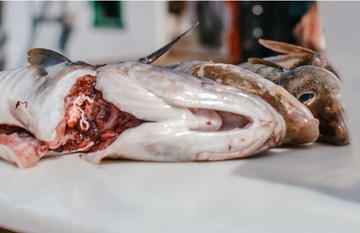 When Atlantic Canada’s cod fishery collapsed, it took a number of small towns with it. Gaultois, an isolated community on Newfoundland’s rugged south coast, hung on for decades after the fish vanished and the town’s fish plant closed in 1990. But with fish no longer to be had, the town’s population plummeted from 600 in the late 1980s to fewer than 100. With numbers that low, residents were faced with the question of whether the town was still viable and in July 2022, opted to hold a resettlement vote. Resettlement votes happen often in Newfoundland and Labrador. Small outport communities vote on whether to stay in their rural homes or if they should move to bigger towns with financial assistance from the provincial government. >>click to read<< 10:35
When Atlantic Canada’s cod fishery collapsed, it took a number of small towns with it. Gaultois, an isolated community on Newfoundland’s rugged south coast, hung on for decades after the fish vanished and the town’s fish plant closed in 1990. But with fish no longer to be had, the town’s population plummeted from 600 in the late 1980s to fewer than 100. With numbers that low, residents were faced with the question of whether the town was still viable and in July 2022, opted to hold a resettlement vote. Resettlement votes happen often in Newfoundland and Labrador. Small outport communities vote on whether to stay in their rural homes or if they should move to bigger towns with financial assistance from the provincial government. >>click to read<< 10:35
Biden admin’s new rule could put pinch on lobster fishermen while letting others off the hook: critics say
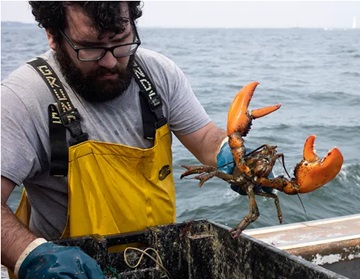 The National Oceanic and Atmospheric Administration is planning to enact a new federal rule under the Marine Mammal Protection Act – which would expand an existing restricted area off the coast of Maine where lobster fishing is already banned for three months each year. The move would cut the lobstermen’s’ business by at least 25% of the already declining industry, critics say. The plans come as an attempt to protect the endangered North Atlantic Right Whale, but a group of fishermen say the agency have no data to support the tightening restrictions. They also claim the federal agency is playing favorites by greenlighting offshore wind developments even though recent studies show can be harmful to marine life. “The federal government treats foreign offshore wind developers much better than lobstermen. The corporations have official authorization to disturb and displace marine life. Working lobstermen aren’t as lucky as our friends,” Video, >>click to read<< 07:55
The National Oceanic and Atmospheric Administration is planning to enact a new federal rule under the Marine Mammal Protection Act – which would expand an existing restricted area off the coast of Maine where lobster fishing is already banned for three months each year. The move would cut the lobstermen’s’ business by at least 25% of the already declining industry, critics say. The plans come as an attempt to protect the endangered North Atlantic Right Whale, but a group of fishermen say the agency have no data to support the tightening restrictions. They also claim the federal agency is playing favorites by greenlighting offshore wind developments even though recent studies show can be harmful to marine life. “The federal government treats foreign offshore wind developers much better than lobstermen. The corporations have official authorization to disturb and displace marine life. Working lobstermen aren’t as lucky as our friends,” Video, >>click to read<< 07:55






